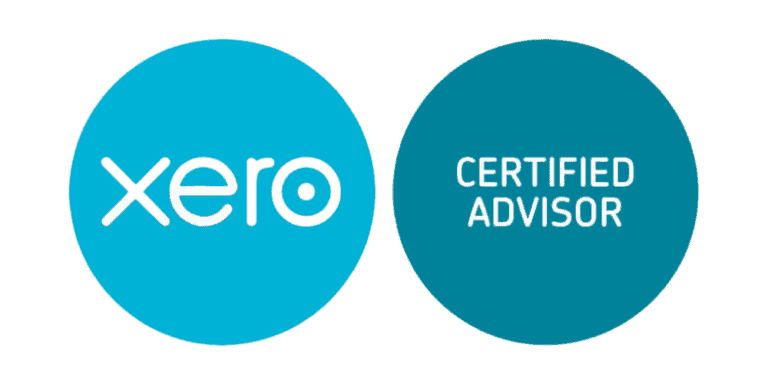Three Steps – How to Pay Yourself
3 Basic Steps – How to Pay Yourself 👇
✨Health & Wellness Practitioners and Solopreneurs✨ who are trying to figure out how to pay yourself
Are you already an S-corp? ✔️
Are you unsure who to pay yourself? ✔️
How to pay yourself without setting off IRS Alarms…
HOW to start paying yourself a reasonable salary (and if it’s time to give yourself a raise)
Are you sending the wrong message to the IRS at tax time?
The hard truth is that if you’re not paying yourself properly…
You could be setting off red flags and risk getting audited.
So how do you pay yourself the right way and avoid an unnecessary headache…
And possibly save yourself thousands on your tax return?
If I’ve piqued your interest, keep reading. The next three steps are for you!
Step 1: When you have your own business you earn money two ways: S Corp distributions and taking a salary.
Distributions are the profits (and losses) that pass through the S Corp to you as an owner (shareholder).
These are not your employee wages and are not treated as self-employment income.
You don’t have to pay payroll taxes on distributions from your S Corp.
Salary is the money you pay yourself as an employee of the S Corp – your employee wages or reasonable compensation.
You have to pay payroll taxes on your salary, like any other employee.
And payroll taxes can add up fast!
So any income you take as distributions rather than salary saves you that cost in taxes.
Now, before you get excited… the IRS has a basic guideline to keep anyone from taking all their gross receipts as distributions rather than a salary…
It’s that you have to pay yourself a reasonable salary.
Step 2: Define “reasonable salary” for an S Corp.
The IRS defines “reasonable salary” as at least what other businesses pay for similar services.
It’s mostly up to you to decide how much employee salary to pay yourself versus how much to take as distributions.
This might sound like open season for payday, but you have to make sure it follows the IRS rules.
For example:
Reasonable pay is the amount similar businesses would pay for the same or similar services.
What do workers in your [niche/industry] tend to get paid under employers?
When you’re deciding how to pay yourself think about your…
- Training and experience
- Responsibilities
- Time devoted to the business
- What comparable businesses pay for similar services
- Compensation agreements
And just remember that the “reasonable salary” requirement for S Corps only comes into play if you (and other shareholders) take distributions from the company’s profits.
The IRS can’t impose a minimum salary requirement, so don’t fret if your business isn’t earning enough yet to pay yourself a salary comparable to others in your field.
Check out the bureau of labor statistics, glassdoor, salary, and payscale for employee compensation information so you have an idea if you’re paying yourself what you’re worth!
And of course, if this conversation scares you a little, get help from a professional.
You don’t want to wait until tax time to find out what you could have done to save yourself some of your hard-earned money.
Step 3: Alright, let’s talk about HOW to make salary payments to yourself!
Once you organize your business as a legal entity, paying yourself gets more complicated than just collecting money from clients/customers.
It’s very important to operate like a business with employees, even if you’re the only one on the payroll.
Check requirements for your state on what your business has to pay as an S Corp since each state has different rules and contributions.
Now, as an S Corp, it’s up to you to determine how often to pay yourself.
While some owners choose to pay themselves a salary only once annually it’s smart to pay yourself at least quarterly…
Because your business might have to make quarterly payroll and income tax payments and file quarterly employment tax returns.
And if you ever need more money, you can take a shareholder distribution at any time.
That can be a simpler and more tax-efficient way to boost your income periodically because you won’t withhold taxes on distributions.
Here’s a little insider tip…
You don’t have to pay yourself the same salary every payday. You can pay yourself a relatively small salary every quarter and then pay yourself a hefty year-end bonus.
Ultimately, running a Business-of-One taxed as an S Corp can be a smart way to save a good amount of money on your taxes.
The goal is to meet your tax requirements while paying yourself the amount you deserve. You wouldn’t pay an employee an unfair wage so why accept it for yourself?
At the end of the day, complying with S Corp tax requirements and all of the other legal requirements that come with running a business can be time-consuming and frustrating.
Many business owners hire a payroll tax service or a bookkeeper/accountant/financial professional who can handle the hard work for them.
If you don’t have a team to support you in this please feel free to reach out to us so we can see how we might be able to help.
Also – If you know a business friend who might need to hear this information share this video with them or tag them below!
Or schedule a free, no-obligation Discovery Call with us: https://hello.burnsidebookkeeping.com/public/appointment-scheduler/630cfb590890c351b5d20c25/schedule
Looking to sign up for QuickBooks Online? Click here for 30% off for the first 12 months: https://quickbooks.grsm.io/karenburnside7448
https://burnsidebookkeeping.com/#contact
This post may contain affiliate links. Your purchase helps support my work in bringing you real information about best practice bookkeeping.
For Educational And Informational Purposes Only.










